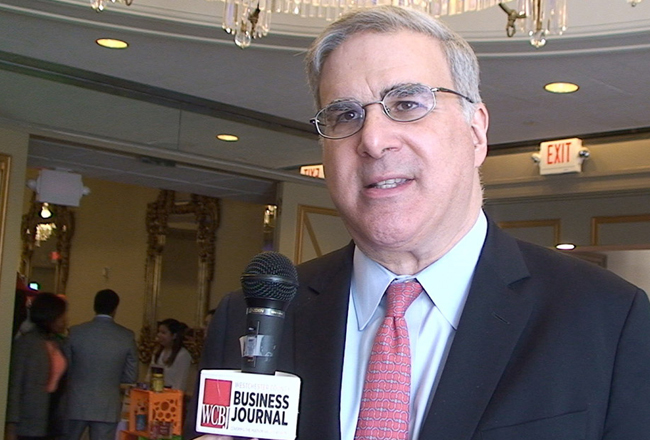The Business Council of Westchester (BCW) is deeply concerned about a new tax provision that threatens to undermine American innovation, punishing businesses that invest in research and development that benefits our economy, rather than incentivizing them to continue these pursuits. The new provision runs counter to the rules we have had in place since the 1950s which have enabled American innovation to flourish.
Our nation’s economic strength has long been tied to our ability to innovate. Whether it be lifesaving medicines or life changing technological advancements, American innovation has benefitted every one of us, sparking job growth and driving our economy to be a world leader. But the products and services created through innovation do not form overnight, they require years of research and development, as well as an economic environment that is conducive to ingenuity.

The BCW is proud to be the largest business membership organization in the county focusing on economic development and advocacy with more than 1,000 members including multinational corporations, hospitals and universities, biotech pioneers, professional service firms in all sectors and sizes of business and not-for-profits.
Two years ago, we launched our Westchester Innovation Network (WIN) program to help drive economic growth and development in Westchester. By reaching out to innovative companies within Westchester, across the country and around the world and partnering with them, WIN’s goal has been to integrate more innovation into our local businesses and municipalities. We are pleased that we already have more than 40 matches.
But our excitement with WIN is now threatened. Why? From the 1950s to 2022, American businesses that took part in research and development (R&D) were allowed to deduct 100% of these annual R&D costs that same year, what is commonly referred to as “full expensing.” Businesses also had the option to deduct (amortize) these costs over the span of five years. This tax structure went untouched for about 70 years and played a pivotal role in sparking the creation of many of the products that we know and love today, while also allowing the R&D sector to blossom, generating countless American jobs.
Last year, however, that structure changed. When the 2017 Tax Cuts and Job Acts went into effect, amortization became the single option for businesses when it came to offsetting R&D costs. For domestic R&D investments, businesses must deduct expenses over a five-year period, 15-years for foreign.
Just months after the policy went into effect, businesses across the country began feeling its negative effects, seeing their tax bills balloon, and in many cases struggling to adjust for the unforeseen change. The unfortunate reality is that the businesses feeling the biggest pinch are small and medium sized, which have fewer dollars in reserve to pay off unexpected tax bills that in some cases have exceeded seven figures.
While the change is already negatively impacting businesses on an individual basis, its trickle-down effects could be disastrous on the national and state level here in New York. As a global leader in innovation, our state spends about $18 billion annually on research and development. On a national level, during an already tumultuous time in which the US economy hopes to avoid a recession, analysis has shown that the new tax code could cost our nation’s GDP tens of billions of dollars and eliminate over 400,000 jos.
With businesses now having to adjust their budgets to account for steep new tax costs, if swift action is not taken by leaders in Congress, we will continue to see investments in R&D dwindle as well as the jobs created through these investments. Now is not the time to cripple American businesses as they progress in their recovery from soaring inflation and an unprecedented pandemic. Time is of the essence – Congress should prioritize restoring full expensing for R&D to ensure American innovation and job growth is maintained, rather than stifled.
Through our WIN program we are seeing firsthand that innovation is critical to continuing to create strong economic growth. We need to do everything we can to move forward in this area and not take major steps backwards.
John Ravitz is executive vice president and COO of The Business Council of Westchester.


















